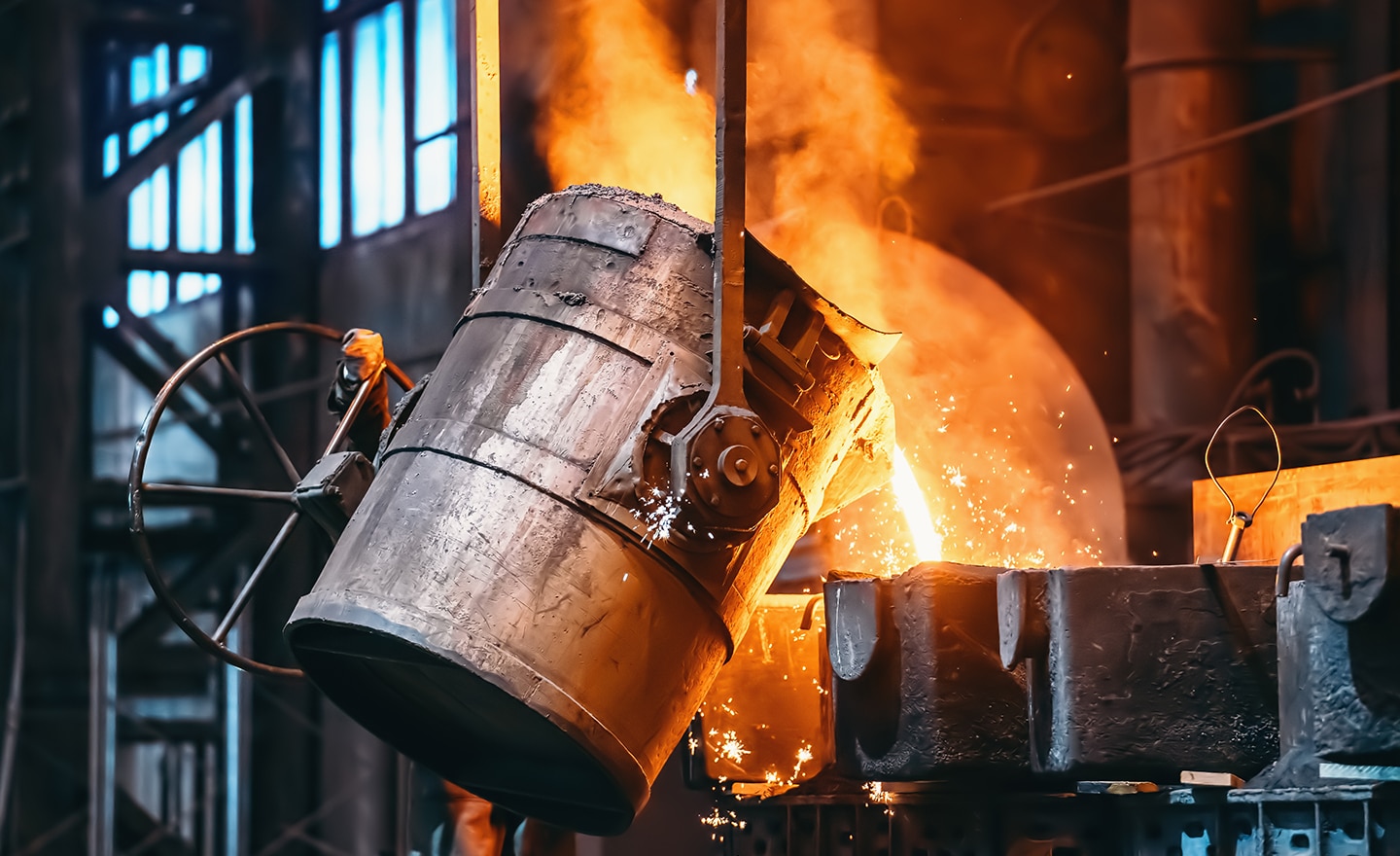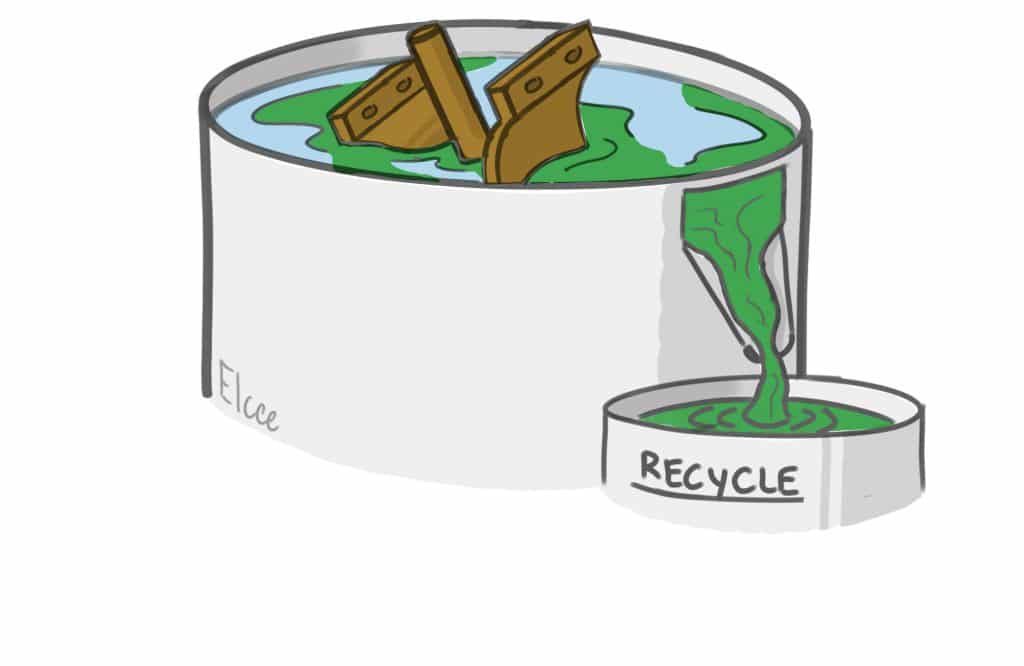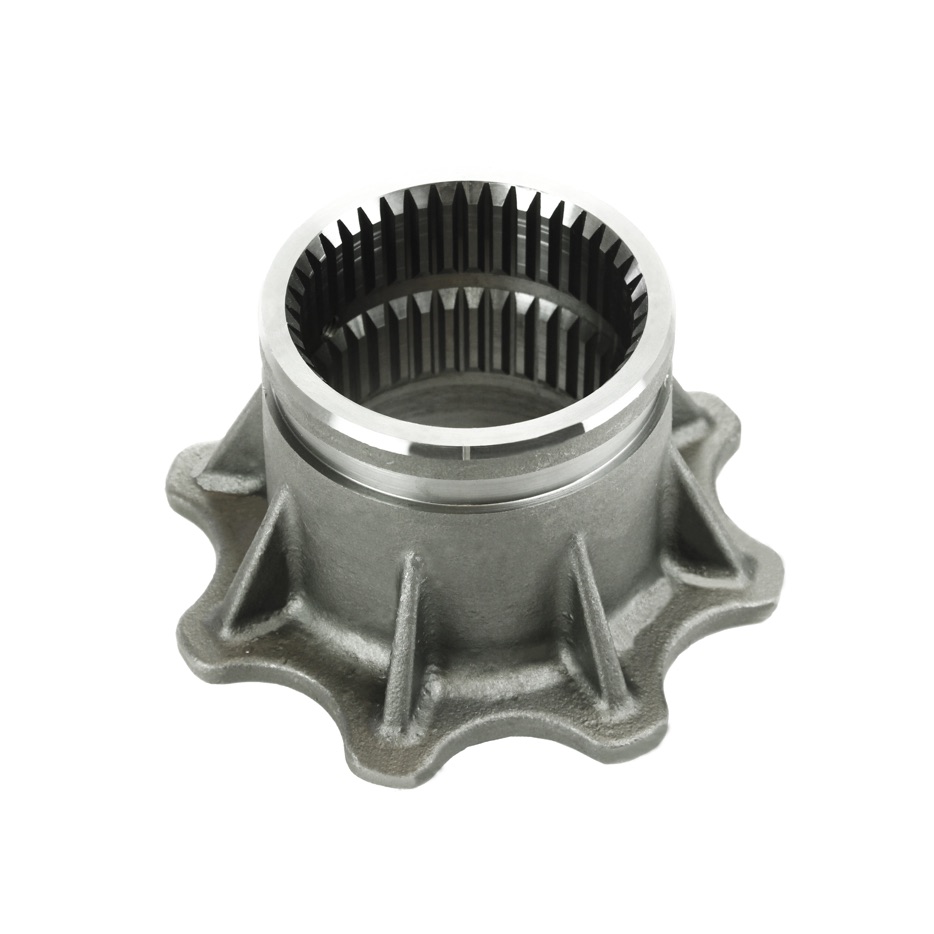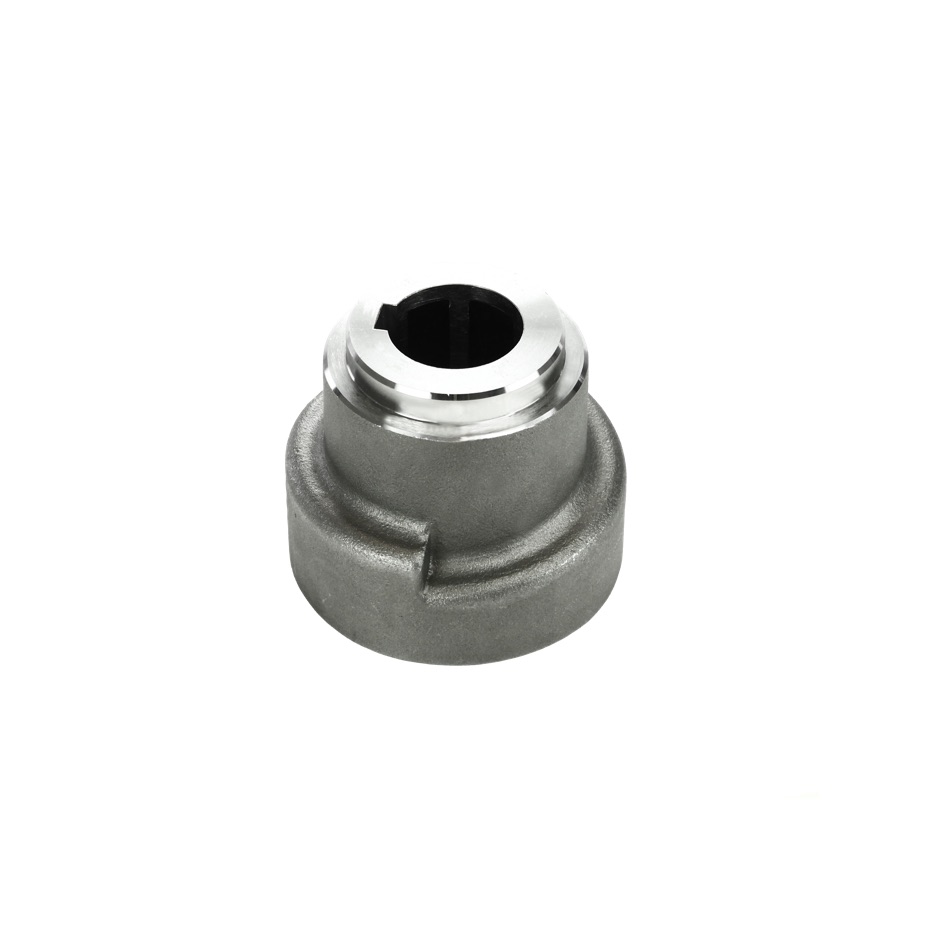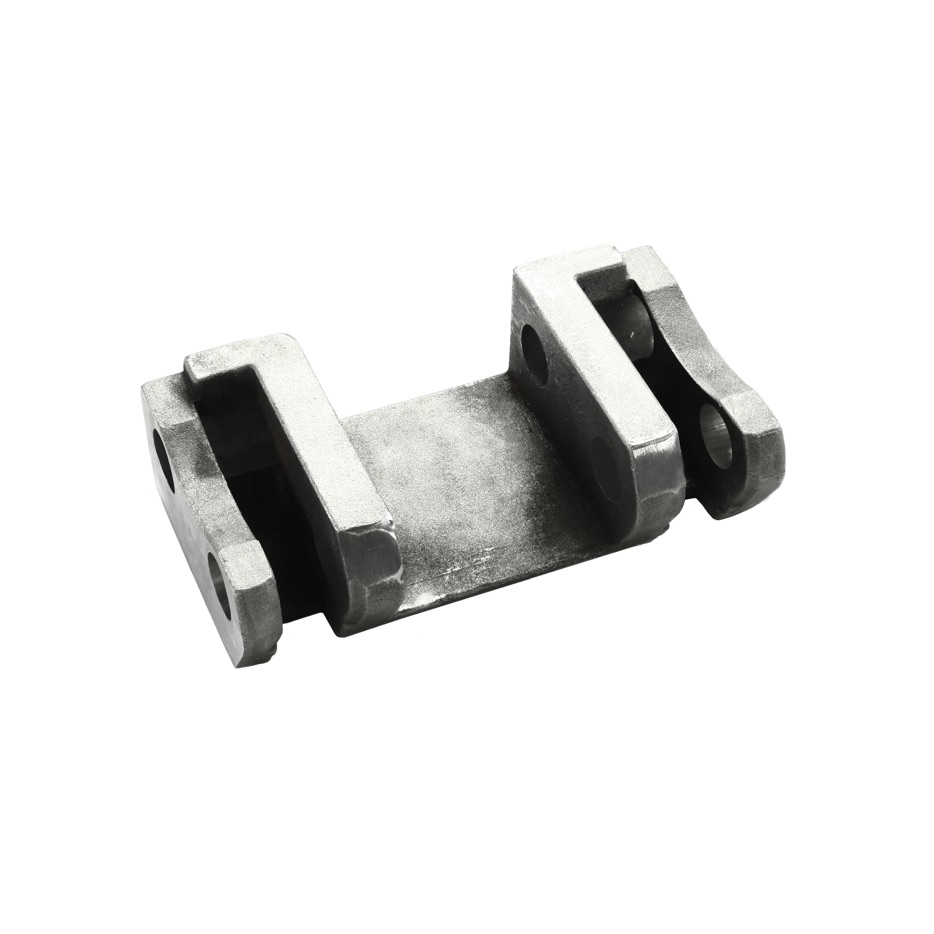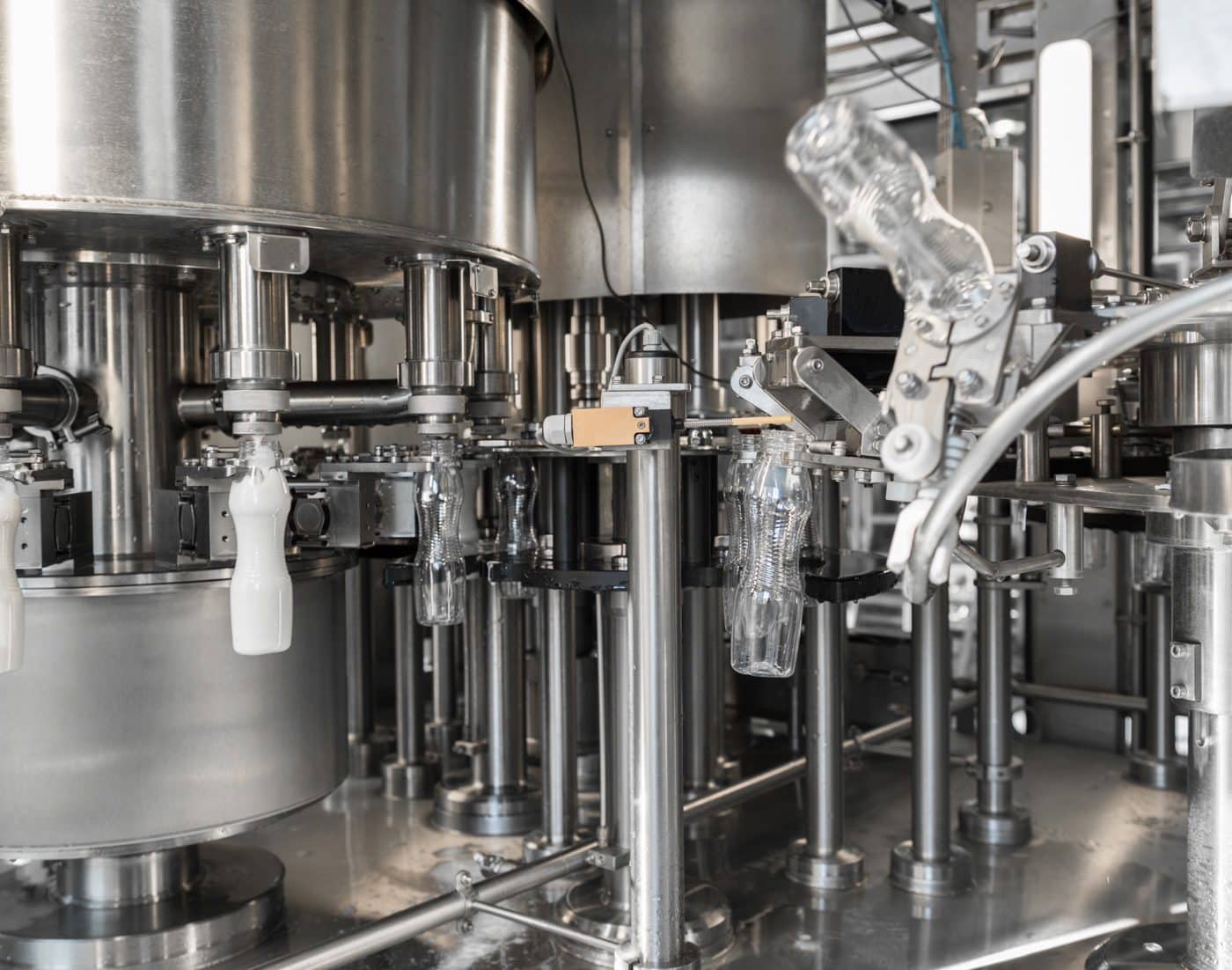Investment casting (water glass process)
 Water glass cast components are mainly used where heavier/stronger and even more complex shapes are required. This technique is widely applied in the production of trailers, agricultural machinery and in the offshore industry. (Investment casting (water glas process)
Water glass cast components are mainly used where heavier/stronger and even more complex shapes are required. This technique is widely applied in the production of trailers, agricultural machinery and in the offshore industry. (Investment casting (water glas process)
Benefits
- Reduction of the cost, as expensive processing and welding operations are eliminated
- Cheap moulding process
- Complex design without draft angles
- Flexible production numbers
- Higher accuracy compared with sand casting
Possible alloys
- Carbon steel
- Heat-resistant steel
- Stainless steel
- Non-ferrous steel alloy
Technical specifications
- The commonly used casting tolerance table for linear dimensions is CT8 according to ISO 8062 (wall thicknesses CT9)
- Weight: Approx. 0.2 – 150 kg
- Casting surface roughness: ≥ Ra 6.3 μm
- Maximum dimensions: 1,000 mm
- Casting wall thickness: ≥ 4 mm
- The geometric tolerances that are required for the function should be specified in the drawing
Finishing options
- Electrolytic zinc plating
- Hot-dip galvanising
- Blasting

